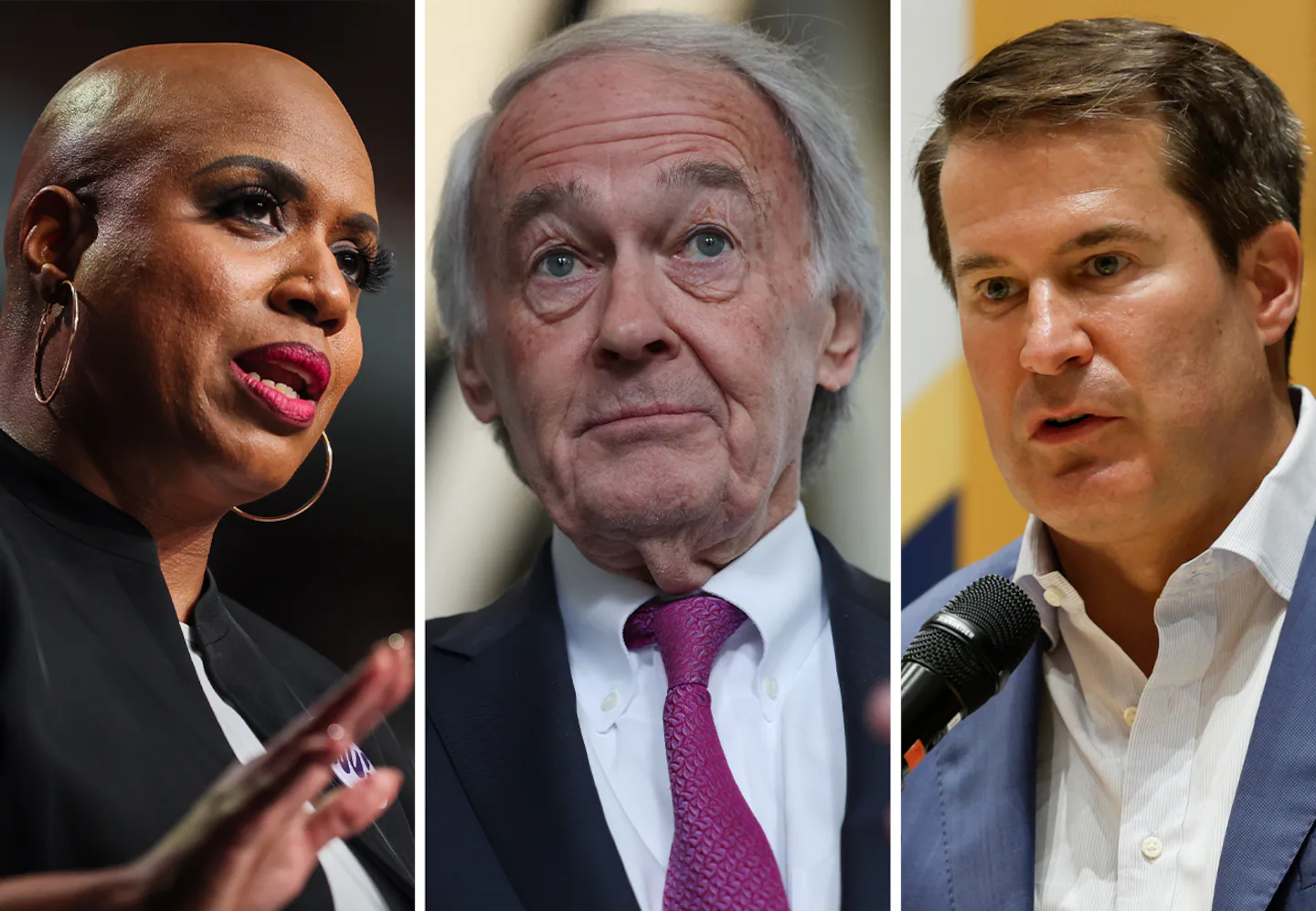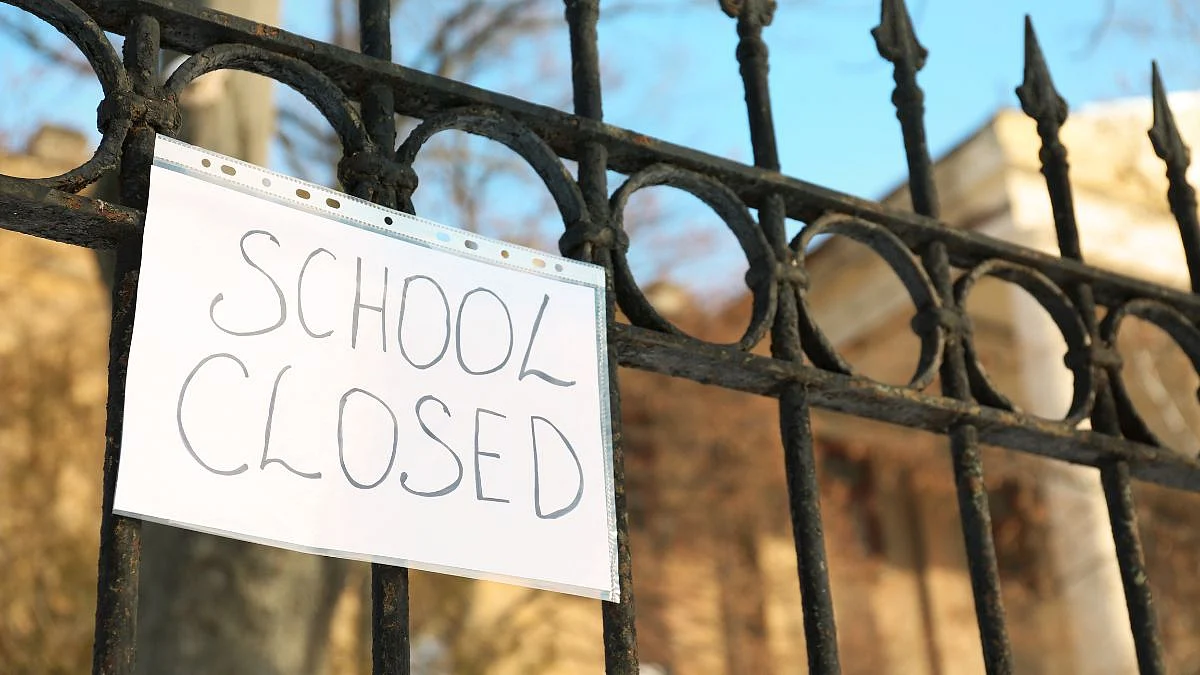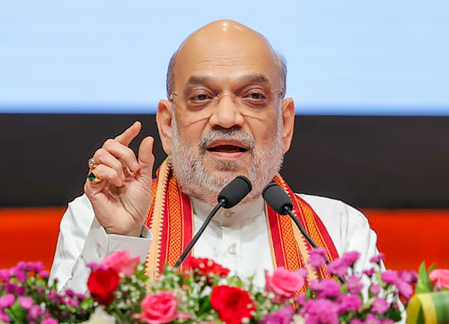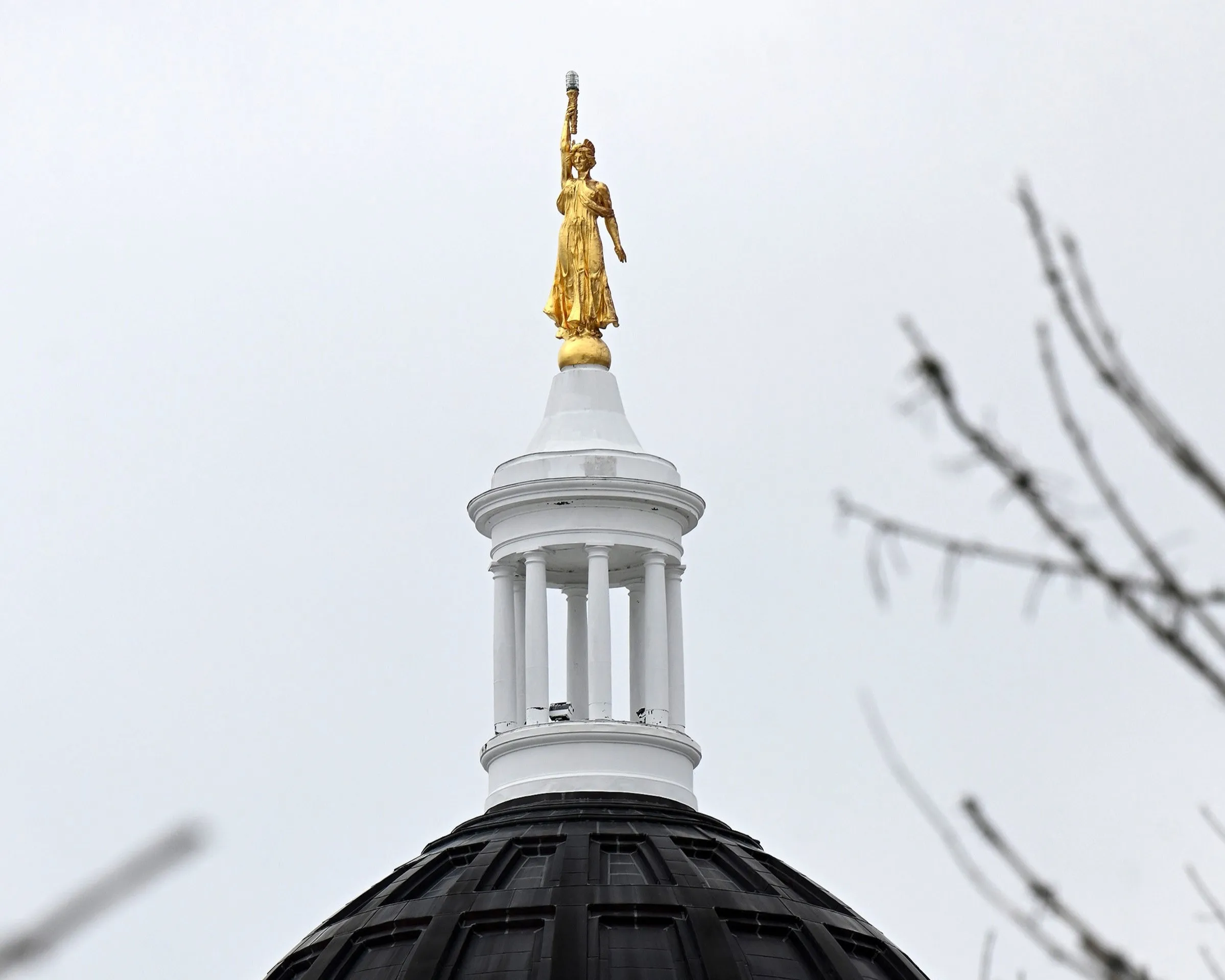
Last week, the Globe reported that Representative Seth Moulton of Salem is taking steps to potentially enter the Democratic primary. A Moulton-versus-Markey contest would likely center on competing ideologies and generational change ŌĆö dynamics similar to other Democratic primaries nationwide, including Representative Stephen LynchŌĆÖs re-election battle against attorney and activist Patrick Roath. These same forces were at play when Markey faced a Democratic primary challenge from then-Representative Joe Kennedy III in 2020.
But the real game changer would be if Representative Ayanna Pressley of Boston joins the race, potentially creating a three-way Democratic contest. If that happens, multiple scenarios emerge for how each candidate could win a scrappy primary ŌĆö though itŌĆÖs far from clear which path that primary would ultimately take.
On paper, it could easily become the most interesting Democratic primary in the nation next year.
So far, both MoultonŌĆÖs and PressleyŌĆÖs offices have issued statements that donŌĆÖt rule out running, while other delegation members have either ruled it out or endorsed Markey over the summer.
ŌĆ£While I continue to look at the best options to represent Massachusetts moving forward, I have not yet made a decision about running for U.S. Senate,ŌĆØ Moulton said in a statement to the Globe.
After speaking on a panel about reproductive health care at the Congressional Black Caucus FoundationŌĆÖs annual conference in Washington Thursday, Pressley was asked by reporters about a Senate run.
ŌĆ£Can you not tell my plate is very full?ŌĆØ Pressley said with a smile. ŌĆ£I represent the city of Boston, which has been in the sight line of this administration repeatedly, because this anti-freedom agenda is anti-science, itŌĆÖs anti-data, itŌĆÖs anti-higher education, itŌĆÖs anti-immigrant. This city in my district is the antidote, is antithetical, to everything that Donald Trump is seeking to destroy. So I am busy, and I am squarely focused on the challenges immediately in front of me.ŌĆØ
When speculating about potential campaign match-ups, thereŌĆÖs ŌĆ£theoryŌĆØ and then thereŌĆÖs the ŌĆ£realityŌĆØ that becomes obvious as some candidates simply prove better than others.
Still, campaign professionals from around the Commonwealth interviewed this week can envision three different theories leading to three different winners, all just using the same three potential candidates. LetŌĆÖs break them down.
Theory 1: One incumbent versus two anti-incumbents. Winner: Markey
This framework suggests that every re-election contest ultimately revolves around the incumbent. Many political consultants operate on the premise that challengers must first convince voters that the incumbent should be fired, and second, that they represent a palatable alternative.
When multiple challengers make this argument, things get messy. The contest often boils down to just the first question: should the incumbent be fired? In MarkeyŌĆÖs case, if even 40 percent of Democratic primary voters believe he shouldnŌĆÖt be ousted, he wins ŌĆö provided Moulton and Pressley roughly split the remaining vote.
What further helps Markey in this scenario is his statewide electoral experience ŌĆö heŌĆÖs won three times ŌĆö and his existing campaign infrastructure. Neither Pressley nor Moulton has that infrastructure or name recognition statewide, forcing them to spend significant time and money building both.
Theory 2: Two white men versus a Black woman. Winner: Pressley
Pollsters once argued that in politics, demographics is destiny. ThereŌĆÖs an undeniable hunger among many Massachusetts Democrats to make the CommonwealthŌĆÖs first Black woman elected to the House, also its first Black woman in the Senate.
A Pressley victory would rest on much more than race and gender alone. As a member of ŌĆ£the squad,ŌĆØ sheŌĆÖs arguably better known among Democrats nationwide than either Markey or Moulton and could tap into a massive national fundraising base. She would likely also argue that sheŌĆÖs the most progressive of the three, an appealing position for a Democratic primary electorate.
Theory 3: Two progressives versus one moderate. Winner: Moulton
While aligning with the base typically helps in any primary, splitting the base vote can allow a more moderate candidate to slip through as the winner.
ThatŌĆÖs a very real scenario here, especially since Massachusetts allows independent voters (technically called ŌĆ£unenrolledŌĆØ) to vote in either primary. This group represents the largest voting bloc in the Commonwealth, and Moulton could rely on them as the most moderate candidate while Pressley and Markey divide the progressive vote.
Which one of these theories will be the actual dynamic remains to be seen. After all, Markey doesnŌĆÖt currently have any Democratic primary challengers ŌĆö yet.
Globe staff reporter Sam Brodey contributed to this report.
James Pindell is a Globe political reporter who reports and analyzes American politics, especially in New England.



